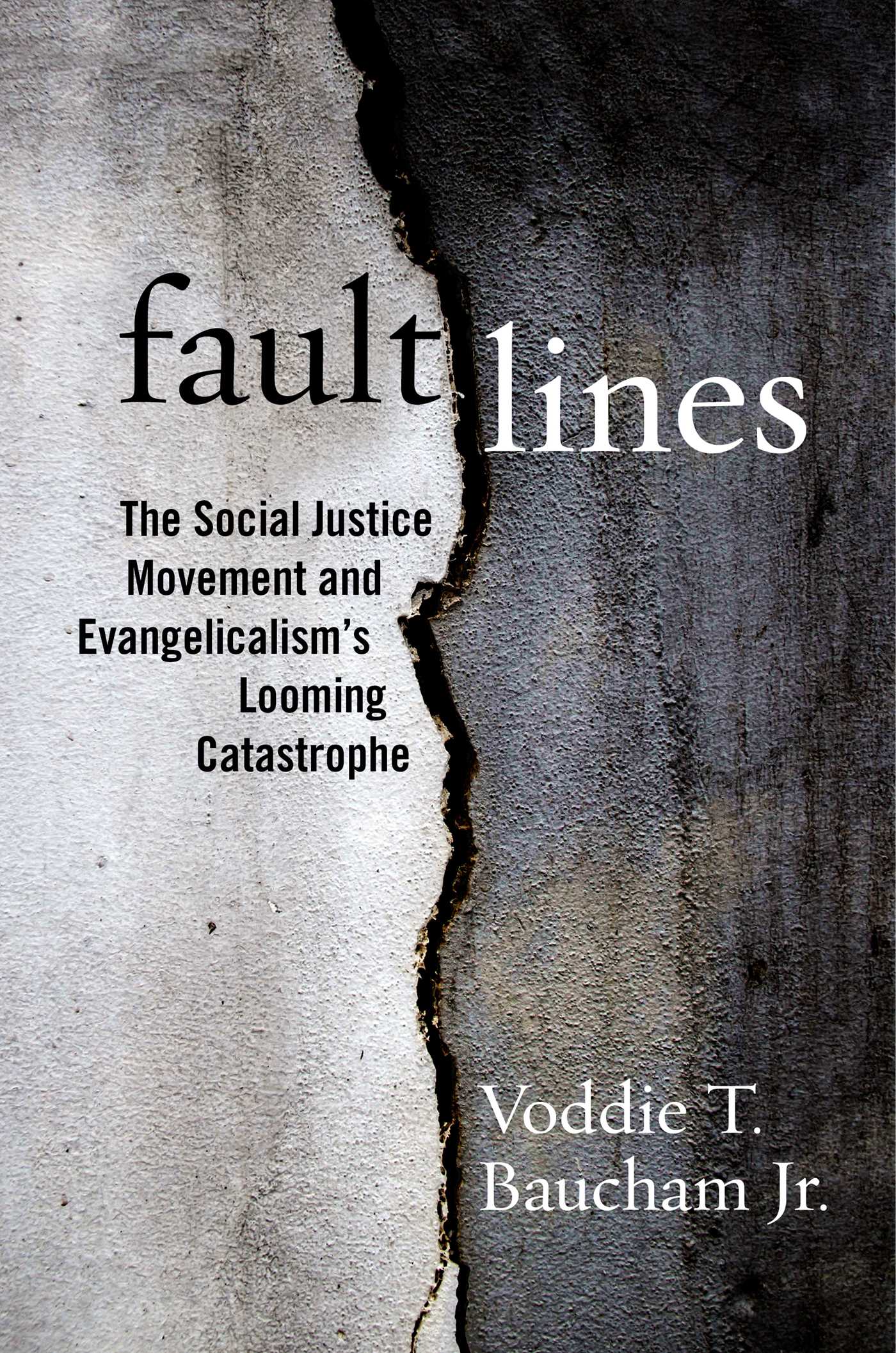What do you think?
Rate this book


270 pages, Hardcover
First published April 6, 2021
I want to unmask the ideology of Critical Theory, Critical Race Theory, and Intersectionality in hopes that those who have imbibed it can have the blinders removed from their eyes, and those who have bowed in the face of it can stand up, take courage, and ‘contend for the faith that was once delivered to the saints’ (Jude 3).
See to it that no one takes you captive by philosophy and empty deceit, according to human tradition, according to the elemental spirits of the world, and not according to Christ. (Colossians 2:8, ESV)